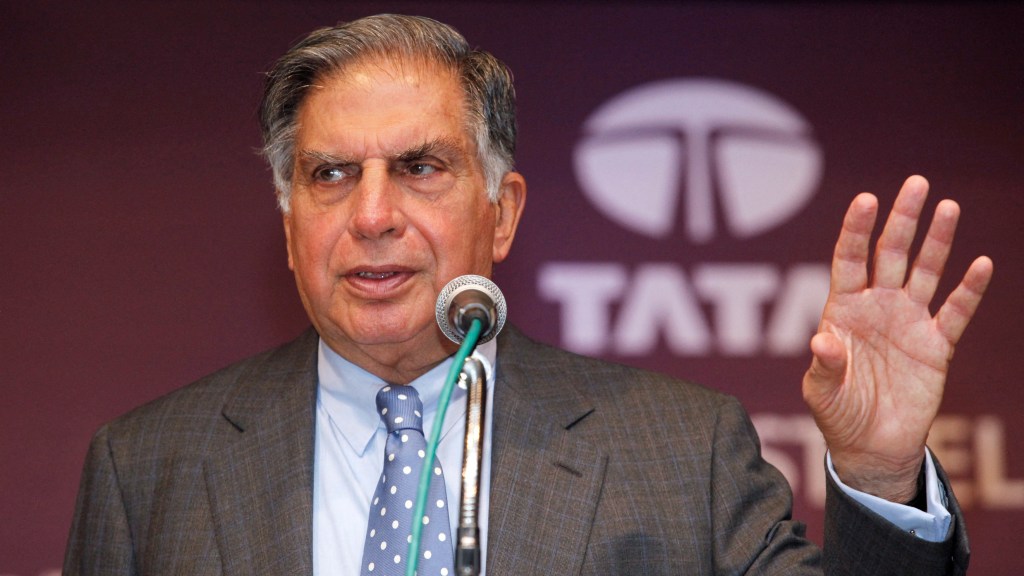IMF Issues Warning on Potential Stock Market Declines Amid Rising Geopolitical Tensions
The International Monetary Fund (IMF) has cautioned that financial markets may be underestimating the risks associated with escalating geopolitical tensions, leading to a possible significant sell-off reminiscent of the stock market turmoil observed in August.
In its recent evaluation of global financial stability, the IMF highlighted that the correlation between market volatility and geopolitical risk is currently at its lowest point in over a decade. This reflects a growing complacency among investors regarding the potential impact of military and diplomatic conflicts on asset valuations.
Tobias Adrian, the IMF’s financial counselor, remarked that “asset prices might not adequately represent the potential repercussions of wars and trade conflicts.”
He further explained, “This disconnect increases the likelihood of financial shocks, as heightened geopolitical tensions could lead to abrupt market sell-offs, causing volatility to spike as it aligns with prevailing uncertainties. In such scenarios, certain financial institutions may be compelled to liquidate assets or reduce leverage to manage margin calls or adhere to risk thresholds.”
Despite the escalating conflict in the Middle East, which now includes Lebanon and Iran, global stock, bond, and commodity prices have largely remained stable. Investors have favored safe-haven assets, such as gold, which has reached record high prices, and the US dollar, recognized as the world’s reserve currency.
The IMF cited the panic-induced sell-off in stocks and a sharp rise in the yen during early August as a case in point of rapid shifts in investor sentiment. Notably, Japan’s Nikkei index experienced a staggering 12 percent drop in a single day, marking its largest fall in nearly 40 years, following the Bank of Japan’s interest rate hike in late July. Additionally, the market reacted negatively to disappointing US jobs data.
In recent months, however, investors have adopted a more bullish outlook following interest rate reductions from central banks in the US and eurozone, along with expectations for further monetary easing as inflation wanes and labor markets cool in developed economies.
The IMF urged central banks in regions grappling with persistently high inflation to temper overly optimistic investor expectations regarding monetary policy adjustments.
Adrian stated, “In economies where inflation is near or at target levels, policymakers should be receptive to accelerating easing if evidence indicates that inflation may fall short of targets for an extended period.”
The phase of aggressive interest rate hikes from 2022 to 2023 has resulted in frequent market turbulence, including the UK’s mini-budget bond sell-off in September 2022, the collapse of several regional US banks in March 2023, and the stock market downturn over the summer.
The IMF noted that the proliferation of algorithmic trading and artificial intelligence has amplified the intensity of investor reactions during periods of panic.
“In times of shocks and rising volatility, hedge funds may further unwind leveraged positions, while algorithmic traders—who have gained a substantial share in various asset classes—may sell amid declining markets to shield themselves from additional losses, aggravating price drops,” the IMF explained.
“Recent advancements in artificial intelligence and machine learning indicate that algorithms could play an even more significant role in future market turbulence.”




Post Comment